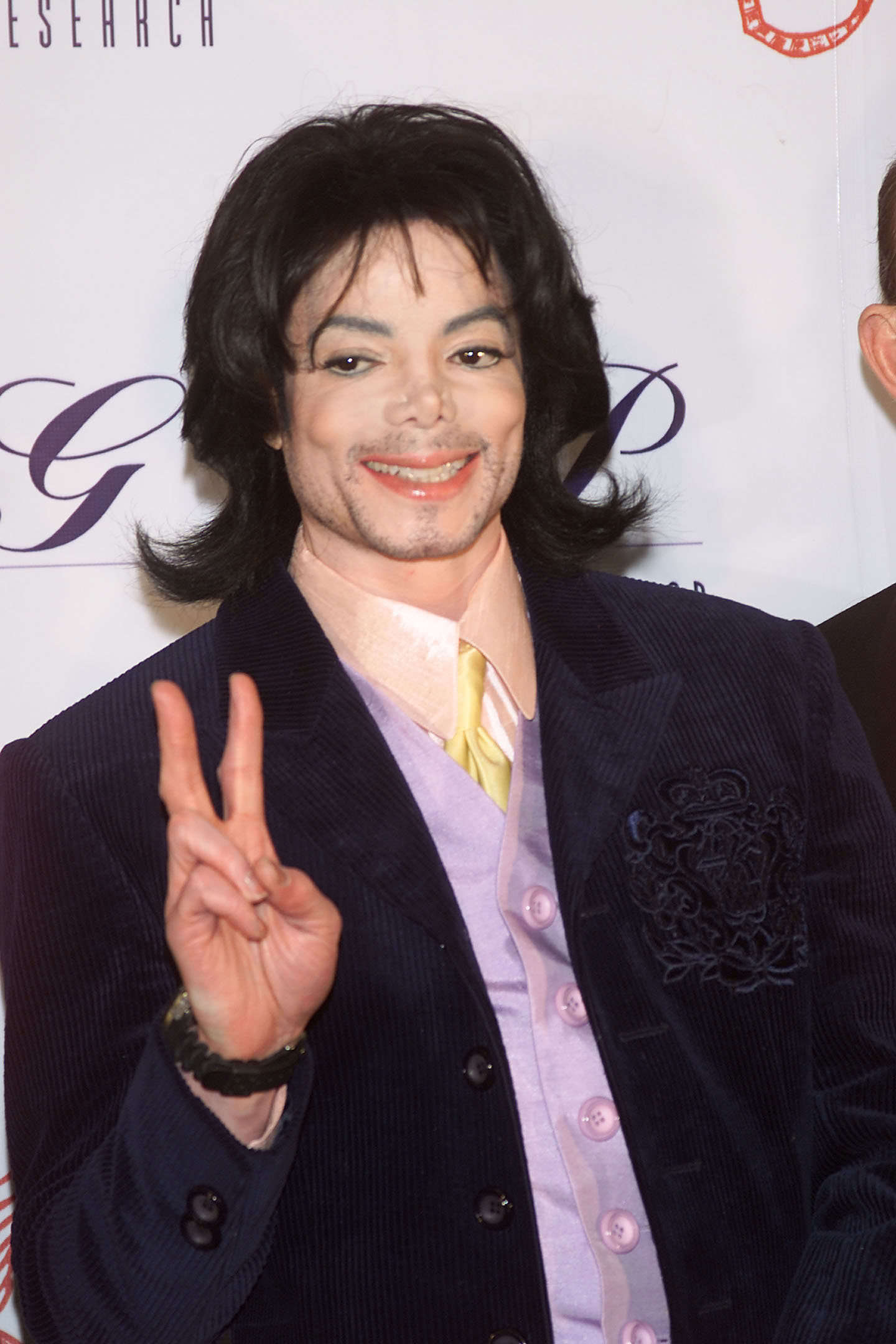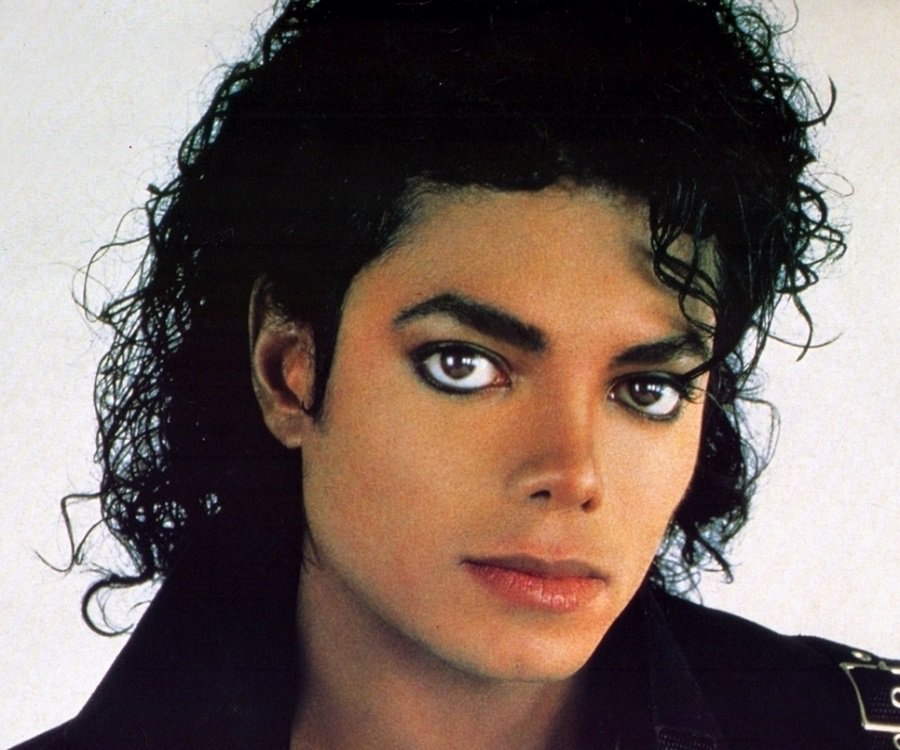
Photograph: NBC/NBC via Getty Images Alexis Petridis: ‘Too many people have too much of their lives bound up with his music’Ībout five years ago, I interviewed a collection of diehard Gary Glitter fans, unbowed by the singer’s convictions for possession of child pornography and sexual abuse. The Jackson Five with Michael Jackson on the far right. He was a staff writer at The Village Voice from 1987-2003


Greg Tate is a New York-based writer and musician. He got connected to something far bigger than himself way back during his Motown years: he became an inextractable and irrevocable piece of Blackfolk’s story that can only be crooned, shouted, stomped, screamed and sanctified into the public record. Of course, MJ doesn’t belong just to the court of white public opinion or to the miscreant deeds he may have perpetrated at Neverland. It doesn’t mean the testimony is untrue, just that it depends on the film-makers selling several racially burdened oxymorons at once: white-male innocence, white-male fragility and white-male truth-telling. Having seen only the trailer for Leaving Neverland, whatever confessional justice was intended by its two informants is compromised by its director’s hackneyed, tabloid true-crime approach. Would the brown-skinned, big-lipped, wide-nosed MJ who appears on the cover of Off the Wall have been allowed by white parents to have as much unsupervised time with their pre-tweens? Would he have been trusted to disappear into his mansion for hours days and nights with them? Many Blackfolk learned to compartmentalise Jackson the moment they saw the cover of Thriller they separated the spectacular soul singer and dancing machine from his increasingly mad choices, including self-erasing skin-bleaching facelifts, chin enhancements and rhinoplasty. The thing is our community recognised MJ’s special kind of self-destruction decades ago.

The second video was shot in a prison and contained video footage of multiple references to human rights abuses.So Michael Jackson’s legacy is being discussed in another judicial session and once again black folk are being asked to weigh in on the latest charges. Still, the residents of the area were happy to see the singer, hoping their problems would be made visible to a wider audience. The first was shot in two locations in Brazil, in Pelourinho, the historic city center of Salvador, and in a favela of Rio de Janeiro called Dona Marta, where the state authorities had tried to ban all production over fears the video would damage their image, the area and prospects of Rio de Janeiro staging the 2004 Olympics. "They Don't Care About Us" was accompanied by two music videos directed by Spike Lee. The singer countered allegations of antisemitism, arguing that reviews had misinterpreted the context of the song, either unintentionally or deliberately.

In the US, media scrutiny surrounding allegations of antisemitic lyrics were the catalyst for Jackson issuing multiple apologies and re-recording the song with altered lyrics. It is a protest song and remains one of the most controversial pieces Jackson ever composed. "They Don't Care About Us" is the fifth single from Michael Jackson's album HIStory: Past, Present and Future, Book I, released on June 16, 1995.


 0 kommentar(er)
0 kommentar(er)
